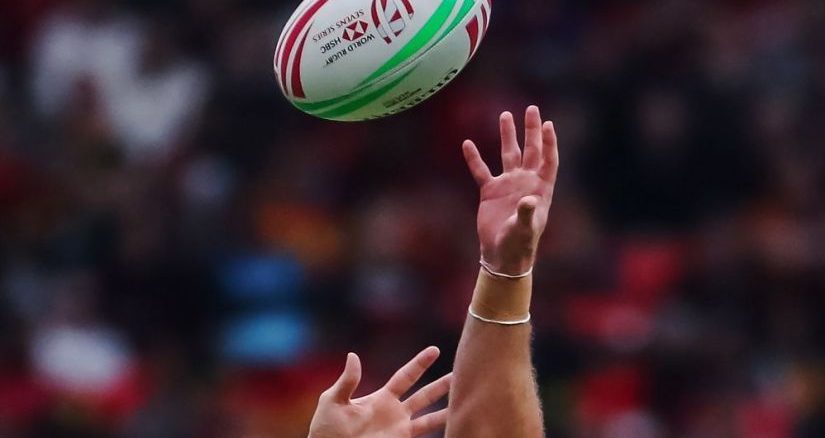
A renewed emphasis on safety is the key to preserving high school rugby in Nova Scotia following a short-lived ban, a prominent coach in the province says.
Jack Hanratty, the provincial coach for Rugby Nova Scotia, said his organization has already begun to teach safe techniques after assuming responsibility for the remainder of the season when the ban was lifted Tuesday.
The Nova Scotia School Athletic Federation abruptly cancelled the season late last week over safety concerns, but received significant resistance from players, officials, and some doctors who questioned the insurance data used to justify the move.
“The important thing is that the players had the ability to get back on the field,” Hanratty said in an interview Friday. “We’ve achieved that objective, so now we want to continue to try to make the game safer.”
With about three games remaining on teams’ schedules before the season concludes over the June 1 weekend, Hanratty said his organization is emphasizing a renewed focus on safety with coaches, players and officials.
Already, he helped run a tackle safety clinic on Wednesday at the request of a high school principal in Cape Breton.
Hanratty said where previously his organization could make suggestions about what direction rugby could take in high schools, it now has an immediate influence.
“We have always offered these tackle workshops, but I think now we are a little more in the front lines, so it looks like we are having a bit more interest in attendance,” he said.
Nova Scotia’s Education Department has said it will work this summer to review safety concerns around sports, including rugby, with medical experts, the federation and Rugby Nova Scotia.
Hanratty said his organization may be able to influence the structure of the high school season, including the number of games and competitive balance between teams.
He said there is also an opportunity to institute rules around training for things such as safe and proper tackling. It is particularly important, Hanratty added, that new players be required to take an introduction-to-contact session run by qualified instructors.
“We’d like to mandate some of those sessions,” he said. “So if you are a new player, you’ve got to make sure you come down and do one of these tackle sessions.”
Although rugby remains covered by the province’s School Insurance Program, it is no longer sanctioned by the athletic federation. Hanratty said it is hoped Rugby Nova Scotia can work with the federation to administer the sport next year.
The federation has expressed confidence in Rugby Nova Scotia’s supervision for the remainder of the season, but it has stopped short of saying the sport will be permanently reinstated.
In its initial decision, the federation’s board of governors cited incident report data from the School Insurance Program indicating there were three times more insurance claims resulting from rugby than from soccer, football and hockey over a five-year period.
The same figures indicated that rugby players were five times more likely to suffer head injuries.
However, Rugby Canada and some doctors pointed out that the level of injury reporting in rugby is higher because it has been prioritized through the sport’s Play Smart program.
Rugby Canada also said there is an abundance of global data showing that rugby ranks behind soccer, football, and equestrian sports in terms of catastrophic injuries.

Be the first to comment